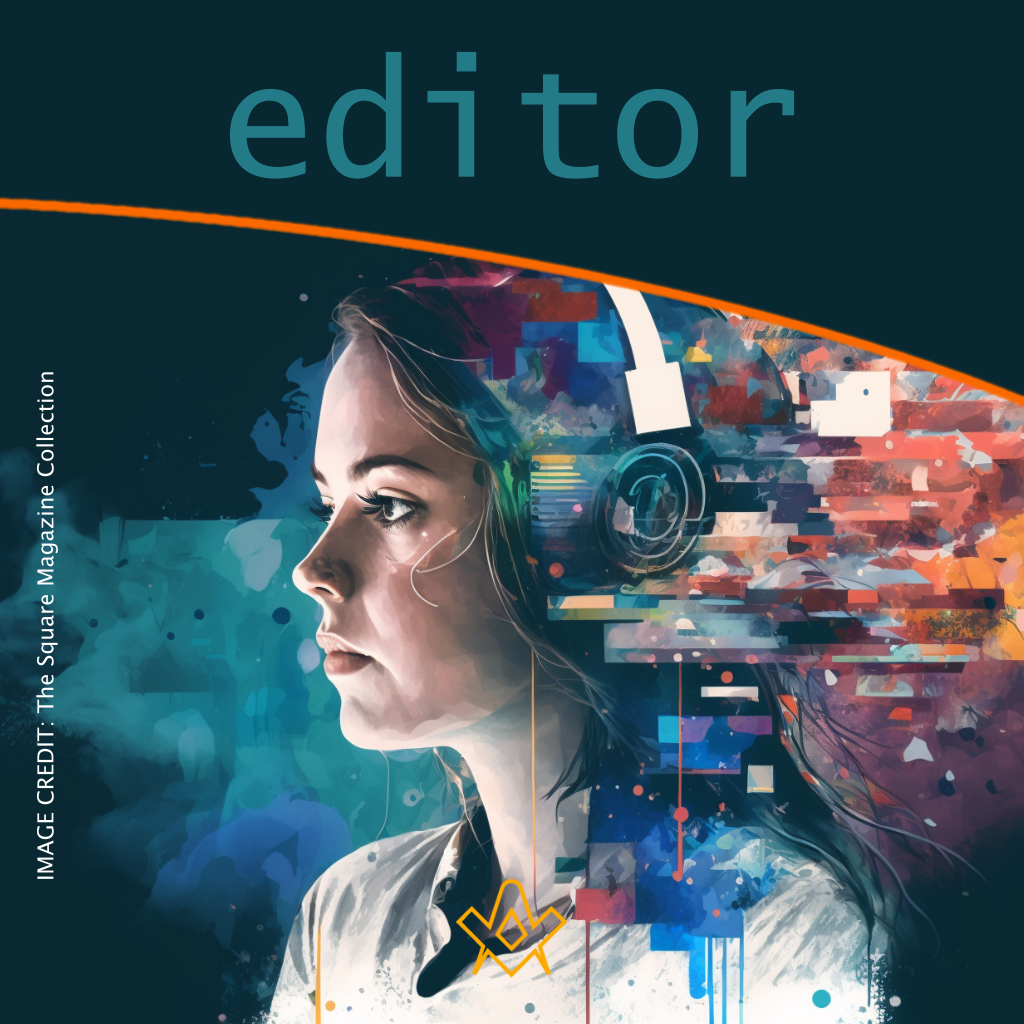Welcome to the April 2023 issue of The Square
I’ve been listening to, and watching, a lot of podcasts and YouTube videos this month, mostly centred around the subject of self-improvement and the art of critical thinking. These two areas of learning, I feel, are of prime importance to everyone.
During my years as editor of The Square, I’ve often mentioned the need for more debate, more critical thinking – it is something that is of importance to those Freemasons who are free-thinkers and advocates of the liberal arts. I always stress that the ‘liberal’ in liberal arts has no political leaning, Merriam Webster reinforces that:
‘The liberal in liberal arts, a cornerstone of the education of so many, has very little to do with political leanings; its roots can be traced to the Latin word liber, meaning “free, unrestricted”.’
Those who understand this premise, value especially the trivium of Grammar, Logic and Rhetoric – meaning, quite literally, ‘the place where three roads meet’. These ‘three roads’ are crucial in a healthy society – roads imply movement, preferably in two directions.
By allowing the ‘free’ and ‘unrestricted’ use of language, thought and communication we can move in both directions.
If you stifle or shut down thought, debate or speech, you stifle the mind; you confuse and suffocate societies, you make them one-way roads to nowhere.
So, when thinking of what to write for this page (I was already musing on self-improvement), I clicked on a new email and it was a newsletter from Dr Jordan B. Peterson about…self-improvement/self-awareness. Serendipity?
The first paragraph said:
“I’d like to address how to become more self-aware. I would argue there are few subjects more meaningful to study than this as every relationship begins with your relationship with yourself.
Ultimately the guiding voice is the internal one. And if you don’t understand who you are, it’s impossible to develop self-control.
Carl Jung once said: “Everybody acts out a myth, but very few people know what their myth is. And you should know what your myth is because it might be a tragedy, and maybe you don’t want it to be.”
Self-improvement is never a one-time-fix-all procedure – it is ongoing maintenance. If you want to change your myth, or change your mind; keep improving, keep thinking critically, it is the lifeblood of a healthy society and a healthy mind.
As Freemasons, and as members of society, it is perhaps a duty to be the example for others to follow and that means utilising progression.
Inertia is stagnation, and stagnation leads to death. Having spoken in depth to several Masonic friends lately, I can see that they are continually progressing, that they want Freemasonry to progress too, and it is happening but as always, for some, inertia and stagnation seems preferable.
This month in the magazine we have a handful of great articles on self-improvement, progression in Masonry and lots of other thought-provoking pieces – I hope we are, and continue to be a beacon of improvement and progression for you, our valued readers.
So, I was really delighted to be In Conversation with…Ben Zion, the author of two must-have books on esoteric Freemasonry.
We talked Masonry and metaphysics and it was interesting to find common ground with regards to a question I posed ‘Is it possible to be a solitary Mason?’
See what you think and let me know.
This month’s Editor picks:
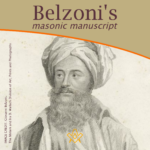
Belzoni’s Masonic Manuscript – the ‘Great Belzoni’: circus strongman, archaeologist and Freemason. During his and his wife Sarah’s travels in Egypt their discoveries led to interesting, if not rather fanciful, ideas about the connection between the ancient land and Freemasonry.
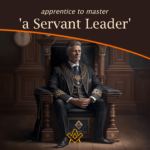
Apprentice to Master, “a Servant Leader” – Stephen Goulding explores Freemasonry as a learning platform used to improve a lifestyle which is morally, educationally and spiritually sound. To guide a person through life in order to be the best they can be. A Master, or ‘Servant Leader,’ develops those people in their care. They are someone who can guide others using the principles of Freemasonry.
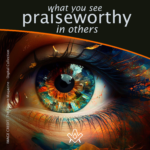
What You See Praiseworthy in Others – “What you see praiseworthy in others, carefully imitate, and what in them may appear defective, you will in yourself amend”. This passage of Masonic ritual (Taylors Working, Address to the Wardens) is advice on how to improve oneself by observing others.
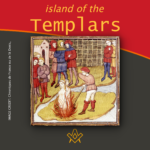
The Isle of the Templars – Devika Lishanin takes us on a journey to The Île des Templiers, or “Island of the Templars”, which lies within a leafy park in Paris – the execution site of Jacques du Molay, the last Grand Master of the Knights’ Templar.
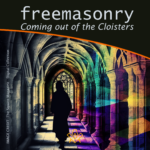
Freemasonry – Coming out of the Cloisters: Gerald Reilly examines the fundamental tensions on the lines of religion, gender and political ideology that exist in some jurisdictions of Freemasonry. It is on the first of these, religion, on which he makes an initial and exploratory focus.
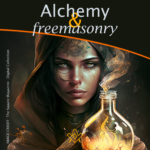
Alchemy and Freemasonry – a fascinating lecture from 1949, which was read before the Albert Edward Rose Croix Chapter No. 87 by Ill. Bro. S. H. Perry 32°
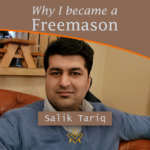
Why I became a Freemason: a personal journey of self-improvement – Salik Tariq shares his reasons for becoming a Freemason – a journey of self-improvement, finding a community, and personal growth.
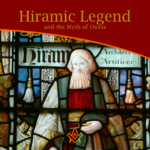
The Hiramic Legend and the Myth of Osiris – Gabriel Anghelescu explores the legend that is the foundation of the Third Degree.
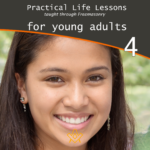
Practical Life Lessons taught through Freemasonry: P4 – this month the focus is on how to build and maintain healthy relationships.
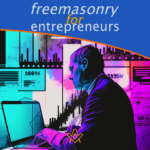
Freemasonry for Entrepreneurs – How the Core Values of Freemasonry; Brotherly Love, Relief and Truth Can Be Applied to Improve Productivity For Entrepreneurs
As always, we also have the usual features of podcasts, blogs, old books, new books, reviews of books, and a whole host of Masonic knowledge to keep you busy with your ‘daily advancement’.
We hope you enjoy this month’s issue. If you do – or if you don’t – drop me a line at editor@thesquaremagazine.com
Until next time, stay safe and well.

Article by: Philippa Lee. Editor

Philippa Lee (writes as Philippa Faulks) is the author of eight books, an editor and researcher.
Philippa was initiated into the Honourable Fraternity of Ancient Freemasons (HFAF) in 2014.
Her specialism is ancient Egypt, Freemasonry, comparative religions and social history. She has several books in progress on the subject of ancient and modern Egypt. Selection of Books Online at Amazon
